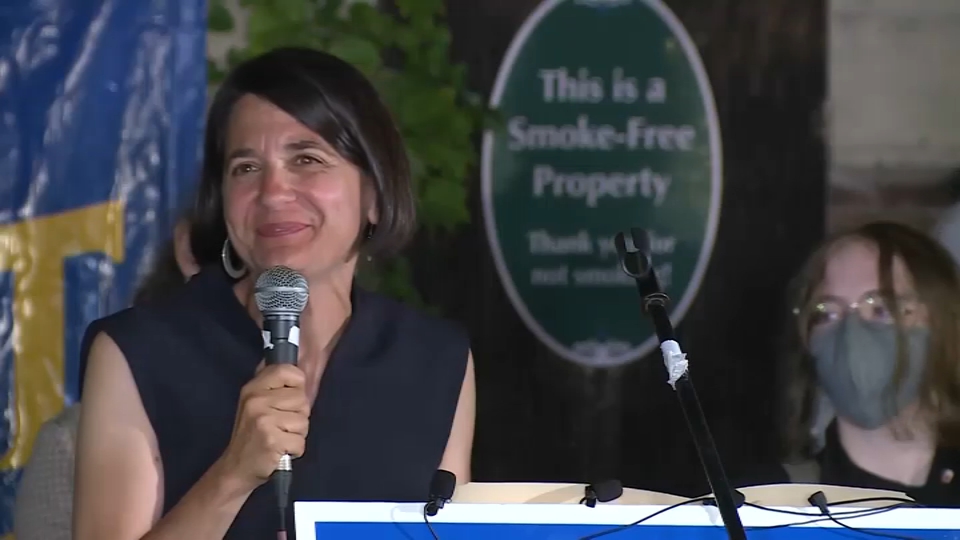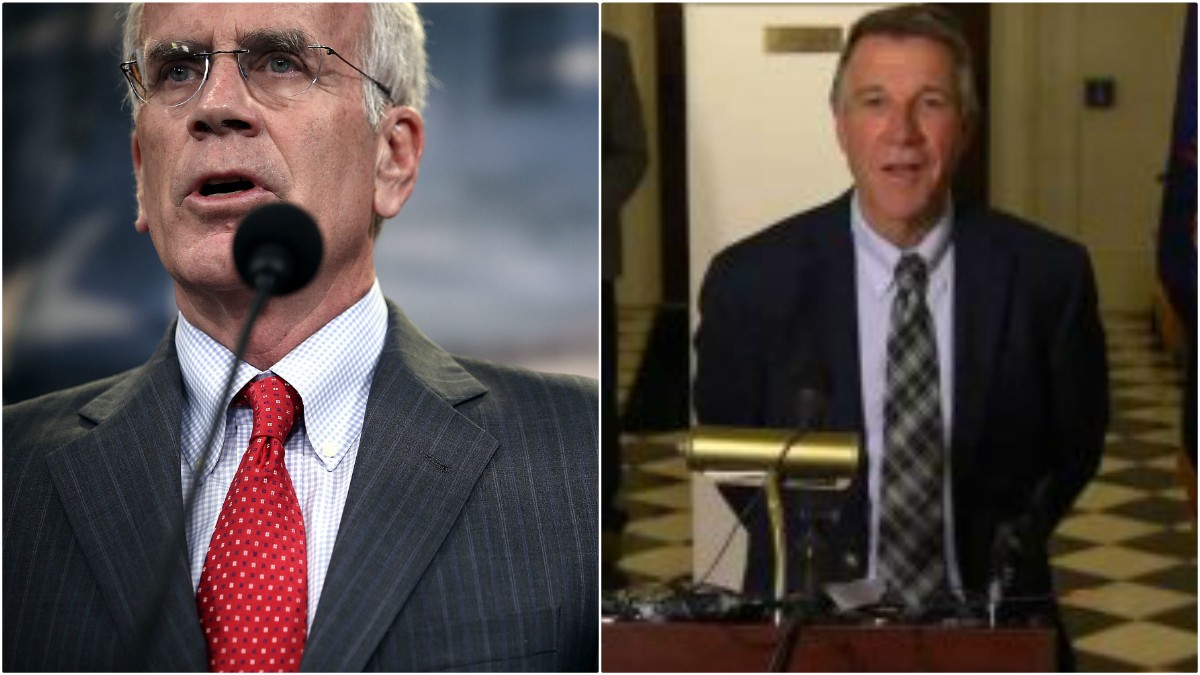Vermont was one of three states on election night that enshrined access to abortions in their state constitutions.
According to unofficial results posted online from the office of Vermont Secretary of State Jim Condos, more than 72% of Vermonters said the state constitution should be updated to read it is key to people’s dignity that they be able to make their own choices around their reproductive futures — such as whether to use contraception, get pregnant, or end a pregnancy.
Supporters of the amendment had explained in the lead-up to Election Day the move would cement current state policy, so future Vermont legislatures and governors couldn’t put new restrictions on abortion access.
“Reproductive decisions are for people to make along with their clinicians and their healthcare professionals,” Lucy Leriche of the Planned Parenthood Vermont Action Fund said Wednesday in a press conference responding to the election win for the campaign she championed. “This is not a job for politicians— politicians have no business in our personal lives.”
Opponents who were in the minority of voters had blasted the wording of the amendment as too vague, and lamented that it ties the hands of lawmakers who are entrusted to make policy for the state.
“We are turning over every public policy decision that Vermonters may want to make to the courts,” amendment opponent Anne Donahue, a longtime Republican state lawmaker from Northfield, argued in a news story NECN reported last month. “We are a representative democracy, and if we take decisions away from our representatives, we’re taking decisions away from ourselves as Vermonters about things that are important to us.”
In Wednesday’s press conference, advocates predicted the win in Vermont, along with similar measures in Michigan and California, will add energy to a movement in the wake of the conservative-controlled Supreme Court overturning the federal constitutional right to abortion in the U.S.
“We provided the blueprint,” said Mia Schultz of the Rutland Area NAACP. “This is the blueprint for other states to follow, to model, to say that it can be done.”
Meg York, an attorney with Vermont Law & Graduate School, weighed her state’s new amendment against a September proposal from Sen. Lindsey Graham, R-South Carolina, that had little traction — even in his own party.
“After 15 weeks, no abortion on demand, except in cases of rape, incest, to save the life of the mother, and that should be where America’s at,” Graham proposed on September 13.
“If something were to happen on a national level, state laws would be subservient to those federal laws,” York noted. “That doesn’t mean that we would go down without a fight, and it doesn’t mean that we would go down at all. We have shown that here in the brave little state of Vermont, we are ready to fight.”
Vermonters passed a second constitutional amendment on Election Day, by an even wider margin. It said slavery and indentured servitude in all forms are unacceptable. Language from the late 1700s indicated they were okay in certain cases — like for settling debts.
“As people of faith and goodwill, we are proud of the work that so many of our volunteers across the state did to make voters aware of this proposal,” said Debbie Ingram, the executive director of Vermont Interfaith Action and the former state senator who got the ball rolling on the anti-slavery measure while serving in the Vermont Legislature. “This historic vote makes a strong statement that Vermonters realize that slavery as an institution is morally reprehensible and that we must do everything we can moving forward to dismantle the detrimental effects it has had on our society, through continuing hatred, violence, and systemic racism.”



